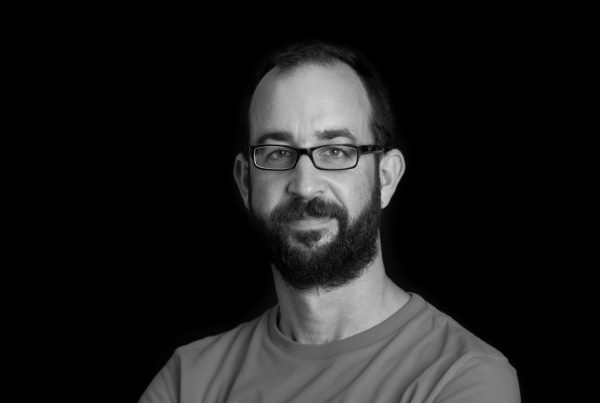Graduated in Biology at the Universidad Complutense in 1991, I obtained my PhD in the laboratory of Antonio García-Bellido at the CBM-Severo Ochoa in 1995. In 1997, I joined the laboratory of Stephen M. Cohen at the EMBL-Heidelberg where I got a position as Staff Scientist. Since 2003, I am ICREA Research Professor at the Institute for Research in Biomedicine leading the Development and Growth Control Laboratory. Since 2007, I have also been Head of the Cell and Developmental Biology (2007-2018) and Mechanisms of Disease (2018-) Programmes. I was elected EMBO Young Investigator in 2007 and Visiting Professor at the National University of Singapore in 2010. I am also Associate Professor at the University of Barcelona since 2020, and member of the Disease, Models and Mechanisms editorial (2016-) and European Drosophila Society (2021-) boards. I have directed 12 PhD theses, 17 Master theses, and published, as first or lead author, more than 75 papers.
Research interests
Tissue biology of Chromosomal Instability (CIN): CIN - an increased rate of changes in chromosome number - is a feature of most, if not all, solid tumors. While CIN promotes cancer evolution, its impact on the biology of the cell and on the homeostasis of the tissue, as well as its role in tumorigenesis, are far from being fully elucidated. Of note are the highly deleterious effects of CIN as a result of the generation of highly aneuploid karyotypes and the production of DNA damage. We have recently developed a Drosophila epithelial model of CIN where the relevant cell populations and pertinent cell interactions involved in the response of an epithelial tissue to CIN have been identified and where the molecular mechanisms driving emerging, tumor-like, cellular behaviors have started to be elucidated. Cellular behaviors such as epithelial to mesenchymal (EMT)-like cell fate transition associated with a highly invasive behavior and the entry into a senescence-like state are currently characterized at the genetic and molecular level.
Regulation of tissue size: How the size of a developing organ is regulated is probably one of the most interesting questions in developmental biology nowadays. We use the primordium of the Drosophila wing to address these questions because of its suitability for genetic and molecular manipulations, its well-described developmental biology and its simple epithelial architecture. We take an integrative approach as we aim to understand how the final size of the developing wing is achieved not only during normal development but also in stress conditions. This integrative approach helps to understand the robust interplay between morphogens, growth promoting genes and systemic hormones in normal development or in stress situations, and contributes to identifying emerging stress signaling molecules transiently induced to compensate for tissue loss that can contribute to tumorigenesis in a condition of chronic expression.
Selected publications
- Gracia-Latorre E, Pérez L, Muzzopappa M and Milán M 2022, “A single WNT enhancer drives specification and regeneration of the Drosophila wing”, Nature Communications, 13(1):4794.
- Milán M 2022, 'Tissue growth: Basement membrane degradation triggers cell proliferation', Current Biology, 32, 6, R276 - R279.
- Milán M 2022, “Organ regeneration: single cell analysis sheds new light”, Current Biology, 32 (15), R842-4.
Selected research activities
Plenary speaker at the "63rd Annual Drosophila Research Conference, San Diego (USA) 2022. Title of the talk: “Tissue biology of Chromosomal Instability”
Plenary speaker at the "34th "French Drosophila Research Conference (Drosofrance)", Sete (France) 2022. Title of the talk: “Tissue biology of Chromosomal Instability”
